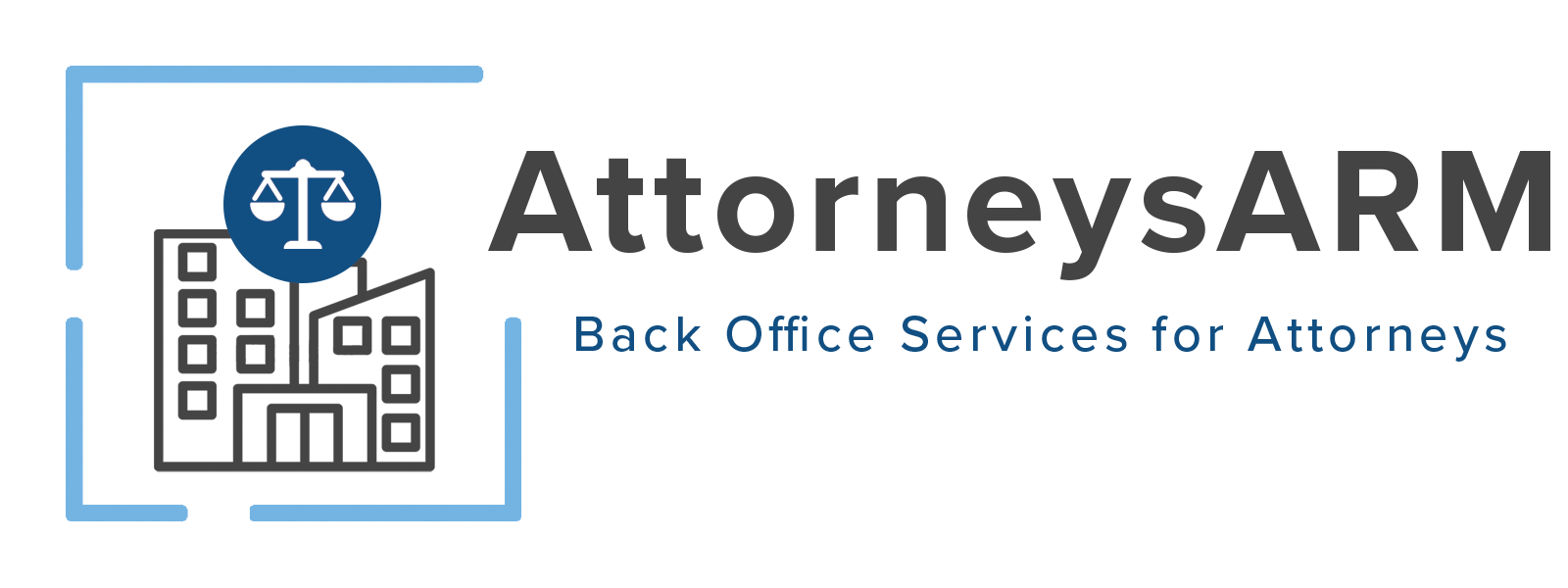If you’re a new business owner, you may find the idea of using contracts distasteful. Shouldn’t you trust your clients? Do contracts make business more complicated? Are contracts really necessary? While you should trust the clients you do business with, the purpose of having a contract isn’t to make business more complicated. In many ways, a written contract can help simplify a project. While contracts aren’t a legal necessity in every industry, they play an important role in defining the scope of a project. To show you how contracts help your business, we’ve put together this list of 3 incredibly useful contract tips.
Contracts Outline the Responsibilities of the Client and the Business
The purpose of a contract is to produce a written document that outlines the responsibilities of the client and the business. How does this help your business? After all, don’t you know what you’re supposed to do and what the client will do in the form of providing materials and payment?
Here’s how it’s helpful for your business. Consider the length of time it takes for you to do certain projects. Lawyers routinely use retainer agreements. This is because legal matters can take a lot of time to resolve. It doesn’t matter if it’s a divorce, a criminal matter, or personal injury case. Over time, it can be hard to remember the agreed upon amount. A written contract documents what your duties are to the client and what the client will pay as a flat rate or hourly rate. It also includes when the client should pay for the services.
TL:DR. A written contract acts as documentation that both you and the client may refer to if there are questions as to the scope of the project.
Contracts May Be Used in Court
One of the most dreaded feelings in the world is not getting paid. The existence of a contract can help you get paid if you must sue. A contract can include a provision that indicates if a problem arises between the parties, a certain state’s laws will be used to mediate or litigate. Ensuring that your state is listed can help make it easier for you to get paid.
Another provision that could be used in court outlines when a contract may be terminated by either party. This helps you by explaining the behavior, actions, or non-actions that give you the right to end the contract. It can also specify whether the client will be required to pay any or all of the fee for the project.
A kill-fee provision could also be used for certain types of projects. If you’re working with another business and they decide to cancel a contract because their project underwent substantial changes, a kill-fee provision would help you get a partial payment for the time you spent on it.
TL:DR. A written contract can help you get paid by acting as proof in court or by setting kill-fees if a client cancels their project or changes it.
Contracts Act as Verification of Debt
At some point, every business will have at least one past due account. When someone doesn’t pay and you begin the collections process, the debtor may request verification of debt. A signed contract, as well as unpaid invoices, can prove that the debtor has an obligation to pay what they owe. If your business is unable to produce verification of debt when it’s requested, you may be barred from collection efforts for that account.
Should you choose to report the unpaid debt to the credit bureaus, you should make sure that you have a copy of a signed contract. If the debtor decides to contest the entry on their credit, the credit bureau will ask you to verify the debt is valid. If you’re not able to produce a copy of the signed contract, the debtor may be able to have the negative record removed from their credit report.
TL:DR. A signed contract can be provided to the debtor or to the credit bureau if either request verification of debt. Without verification of debt, you may be unable to legally pursue the debtor.
Clients ARM – Your Partner in Accounts Receivable and Credit Management
With more than 30 years of experience, Clients ARM is your expert partner in accounts receivable and credit management. To learn how we can help your business, schedule your free consultation.




